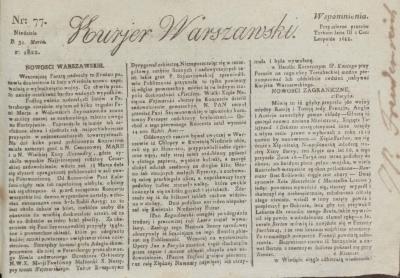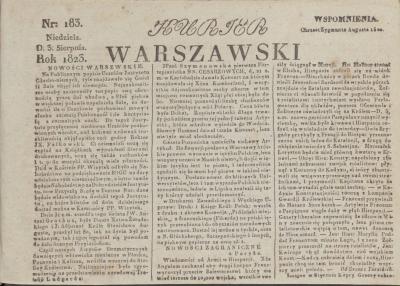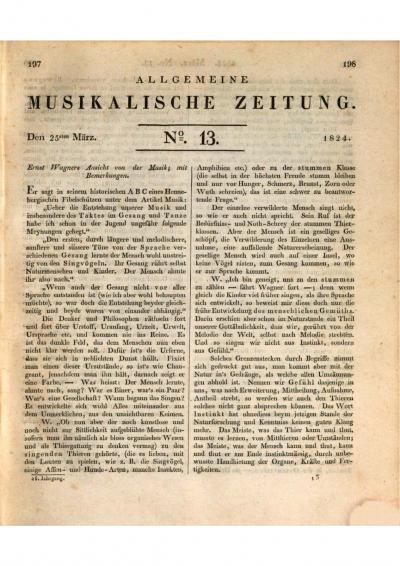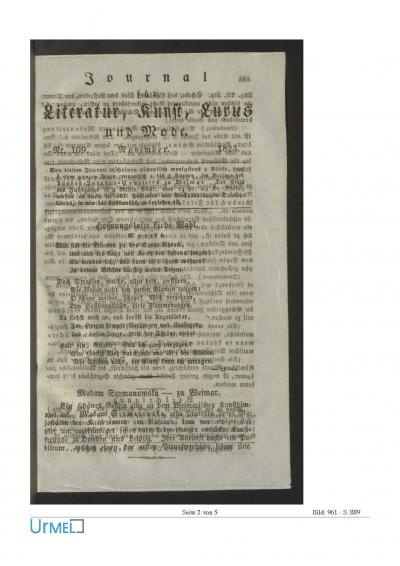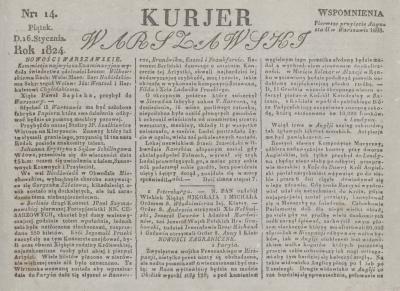Madame Szymanowska and Goethe – a burning love?

In the final version, therefore, Goethe’s “Trilogy of Passion” spans his entire life. In what is now the first poem of the trilogy, “To Werther”, Goethe resurrects the passionate and unhappy lover fifty years ago: “Once more, then, much-wept shadow, thou dost dare, / Boldly to face the day's clear light”, to then remember at the end the suicide of the unfortunate one: “How moving is it, when the minstrel sings, / To 'scape the death that separation brings!” By contrast, the “Elegy” is pervaded completely by Goethe’s loss of his most recent love, Ulrike von Levetzow, whom he never saw again after he left Marienbad. It is despair and torment from the very first lines: “What hope of once more meeting is there now / In the still-closed blossoms of this day?” right to the end of the twenty third verse: “They urged me to those lips, with rapture crown'd, / Deserted me, and hurl'd me to the ground.” The third poem devoted to Szymanowska finally brings atonement from the sufferings of passion through the power of music which is capable of the following: “To pierce man's being to its inmost core / Eternal beauty has its fruit to bear”. According to the literary scholar Josef Kiermeier-Debre, Goethe, whose relationship to music had been problematic, had “for the first time, in his encounter with the Petersburg Court pianist Maria Szymanowska and the singer Anna Milder-Hauptmann (1823) and while suffering the loss of Ulrike von Levetzow, understood music to be that which it had always been for his great antipode Jean Paul: a force like love, expression of the fundamental elegiac mood of the world and at the same time relief from this its reflexive sensitivity.”[42]
Atonement [to Madame Marie Szymanowska]
Passion brings reason—who can pacify
An anguish'd heart whose loss hath been so great?
Where are the hours that fled so swiftly by?
In vain the fairest thou didst gain from fate;
Sad is the soul, confused the enterprise;
The glorious world, how on the sense it dies!In million tones entwined for evermore,
Music with angel-pinions hovers there,
To pierce man's being to its inmost core,
Eternal beauty has its fruit to bear;
The eye grows moist, in yearnings blest reveres
The godlike worth of music as of tears.
And so the lighten'd heart soon learns to seeThat it still lives, and beats, and ought to beat,
Off'ring itself with joy and willingly,
In grateful payment for a gift so sweet.
And then was felt,—oh may it constant prove!—
The twofold bliss of music and of love.
[42] Joseph Kiermeier-Debre: Das lyrische Werk von Johann Wolfgang von Goethe, in: Kindlers neues Literature-Lexikon, published by Walter Jens, volume 6, Munich 1998, page 440












